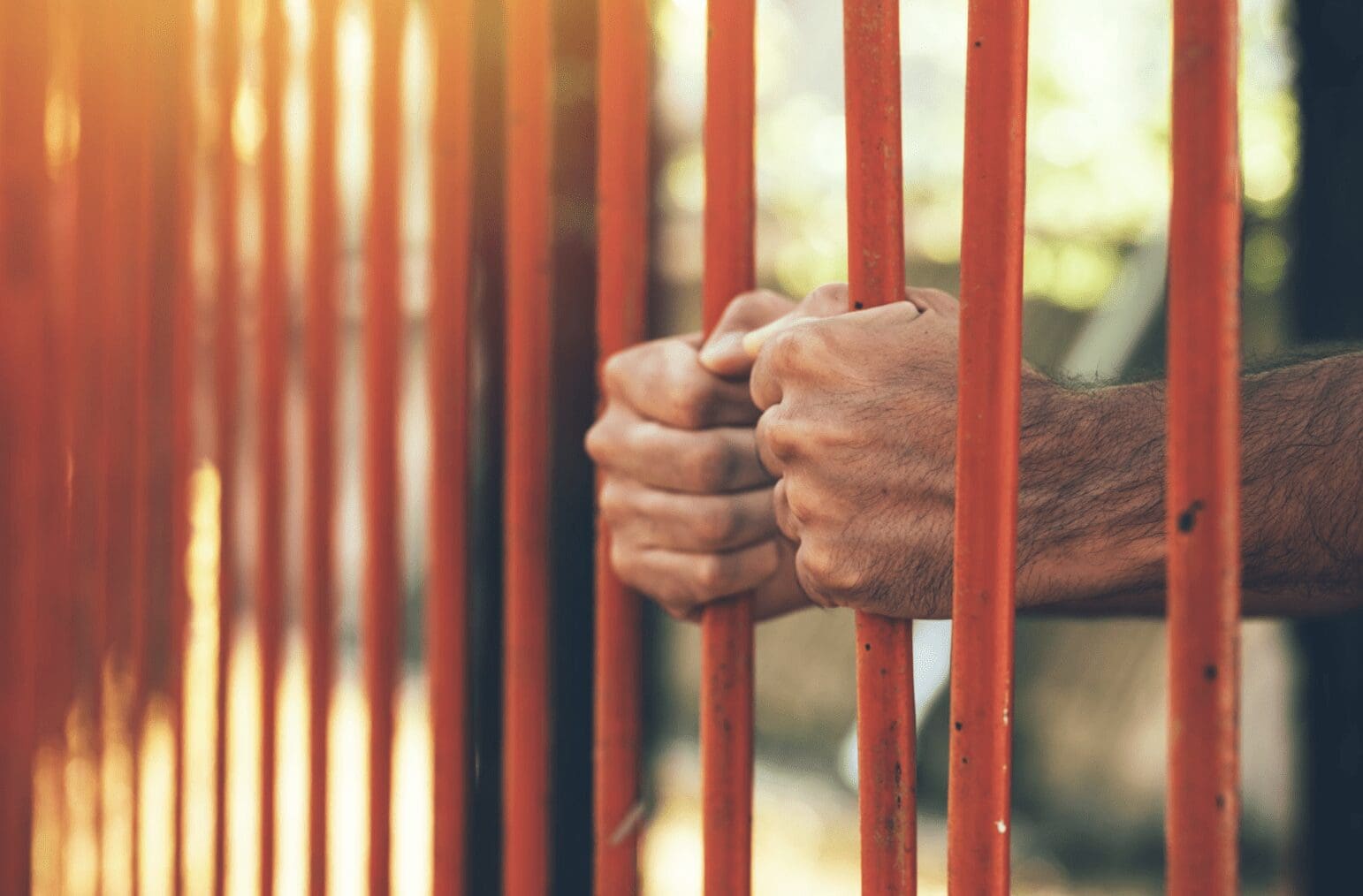By: Makaelah Walters
For more than a year, Murray Wilson has bathed, fed, and clothed his 75-year-old mother, whose chronic inflammatory condition confines her to a bed most days.
He became his mother’s caregiver upon his release from prison in July 2021. This newfound responsibility coupled with his emancipation made navigating reentry uniquely challenging until a pilot universal basic income program made caring for his loved one feasible.
“When I got out, I hadn’t seen my mom in so long, and I wanted to be a part of helping her out,” said Wilson.
“But, knowing there’s a part of me that gotta get my life together and get myself back on track, it was hard to balance.”
Wilson’s mother found unexpected ways to thank him for caring for her. Every now and then, she’d try to slip a few dollars into his pocket, but he always found it hard to accept the cash. Given that she had been such a wonderful parent to him, he said, he couldn’t possibly take her money.
Not that he couldn’t use the cash—reentry after incarceration is expensive, especially in Florida. A person with a felony conviction in Florida can owe, on average, as much $8,000 in restitution, not to mention being strapped with court, attorney, and probation fees. The cost of supervision, a probationary fee for people reentering, in Gainesville is $50 per month.
Even inside prison, where everything from food and clothing to phone calls and medical care are monetized, Wilson accrued debt. Florida is one of only a handful of states that doesn’t pay its prisoners for their labor, so family and friends of incarcerated people are often left to foot the bill. Wilson’s debts were mounting against him.
Wilson tried getting a job to defray these costs, but found it nearly impossible. Employers were reluctant to hire a man with a criminal record, and a hip injury made it difficult for him to perform any of the physically demanding low-wage labor required in industries that more commonly hire people with felony convictions.
On days when he needed to be there for his mother, but couldn’t spare the money or time, the frustration with his financial situation was almost enough to drive him back to committing crimes.
But in January 2022, Wilson got an email: His application for a year-long guaranteed income program for justice-impacted people in Alachua County, Florida, had been accepted. Fifty-seven other Alachua County residents received the email too, along with another 57 in March. All of the recipients had either come out of state or federal prison or Florida county jail with a felony, or had begun felony probation at least six months prior.
“A holistic understanding of justice”
Together, the 115 residents make up the freshman cohort of Just Income GNV, a project by grassroots nonprofit Community Spring and Mayors for a Guaranteed Income—including Gainesville, Florida, Mayor Lauren Poe—in partnership with the University of Pennsylvania’s Center for Guaranteed Income Research and Lucius Couloute, an assistant professor of sociology and criminal justice at Suffolk University.
“[We’re] just trying to get a holistic understanding of justice,” said Couloute. He is in charge of collecting qualitative data for the pilot program, the stuff that he says doesn’t fit so neatly on a chart. A big part of that is understanding how the Just Income program impacts children, parents, and partners of the recipients.
Six months into the program, Couloute flew from Connecticut to Florida to chat with participants about how they were faring having received $4,000 so far. The conversations took place wherever participants felt most comfortable, be it a living room or local library, and revealed some of the study’s most interesting findings, Couloute said.
To date, the qualitative data reflects that most participants are using the monthly payments to invest in themselves and to care for the people around them.
After paying off his debts to the city of Gainesville, Wilson helped his mother transition from a nursing home to her own apartment that’s accessible and closer to him. He accompanies her to various doctors’ appointments, arranging their transportation to and from. He’s even been able to set aside some of the money for the future.
One participant admitted to Couloute that Just Income has been a lifeline for her and her spouse who is terminally ill. Once she joined the program, she quit her job and devoted her time to being his caregiver.
Of the program’s participants, 60% are parents caring for at least one child on an average household income of $13,581, which puts them well below the 2022 poverty line. In a state where the average monthly cost of child care is $770 for an infant and $607 for a 4 year old, $600 per month is a godsend.
One Just Income participant is a single mother of three, according to Couloute. She works a part-time job that doesn’t pay well and is doing her best to balance both parenthood and reentry. Before Just Income, she struggled to keep her kids in day care, but now she doesn’t fret over child care costs because she can afford to stay home and care for her children herself.
“What many have expressed is that having or knowing that there are people out there willing to offer real material support changes something in them internally. It gave them a sense of dignity and let them know that they mattered,” he said.
“No strings attached”
In this way, the program exceeds the expectations of its director, Kevin Scott,
whose personal experiences with Florida’s justice system helped to shape his vision for the “no strings attached” program.
“[There is] so much compliance control and lots of boxes to check for a lot of assistance programs,” said Scott. “We think that’s very limiting. Everyone is the expert of their own life and should be able to make the decisions that are best for them and their families.”
When Scott and his colleagues designed the program, they felt it was imperative that there truly were no strings attached, no work requirements, means testing, or parameters on how to spend the money. But the team did need a way to measure the impact of direct cash payments in the lives of participants, so there is one “string”: participants log their spending in a mobile app called Steady. Still, it’s uncommon for an assistance program to have so few conditions. As time has passed, participants’ reservations about sharing their spending habits with the research team have subsided.
Data about how participants spend their payments will add to the body of research that will determine how successful the project has been. When Scott looked at the first round of spending data, it showed nothing out of the ordinary. Like most people, the participants spend the bulk of their money on everyday expenses, like running an errand at Target, making a pit stop at the gas station, or taking a trip to the grocery store.
Funding for Just Income runs out in March 2023, and though Scott and Couloute are uncertain about the future of the program, they think they’ve made a good case for why universal basic income is important.
“So, what happens next? Well, we hope something bigger,” Scott said.
Couloute will have one final check-in with participants at the end of the 12-month pilot. Hopefully, he said, he’ll be able to sit down with each of them again a few months after the program ends, just to see how life is going post-Just Income.
With only a few months left before he receives his last $600 from Just Income, Wilson “isn’t worried a bit,” he said.
“If Just Income dies, there’s a part of me that [I’ve] really got to work hard on to continue doing something positive,” he said. “I’ve been able to buy things to help myself carry on, so I could care for and share with my family. This program more than anything gave me a sense of purpose and relief that things can be different.”





















